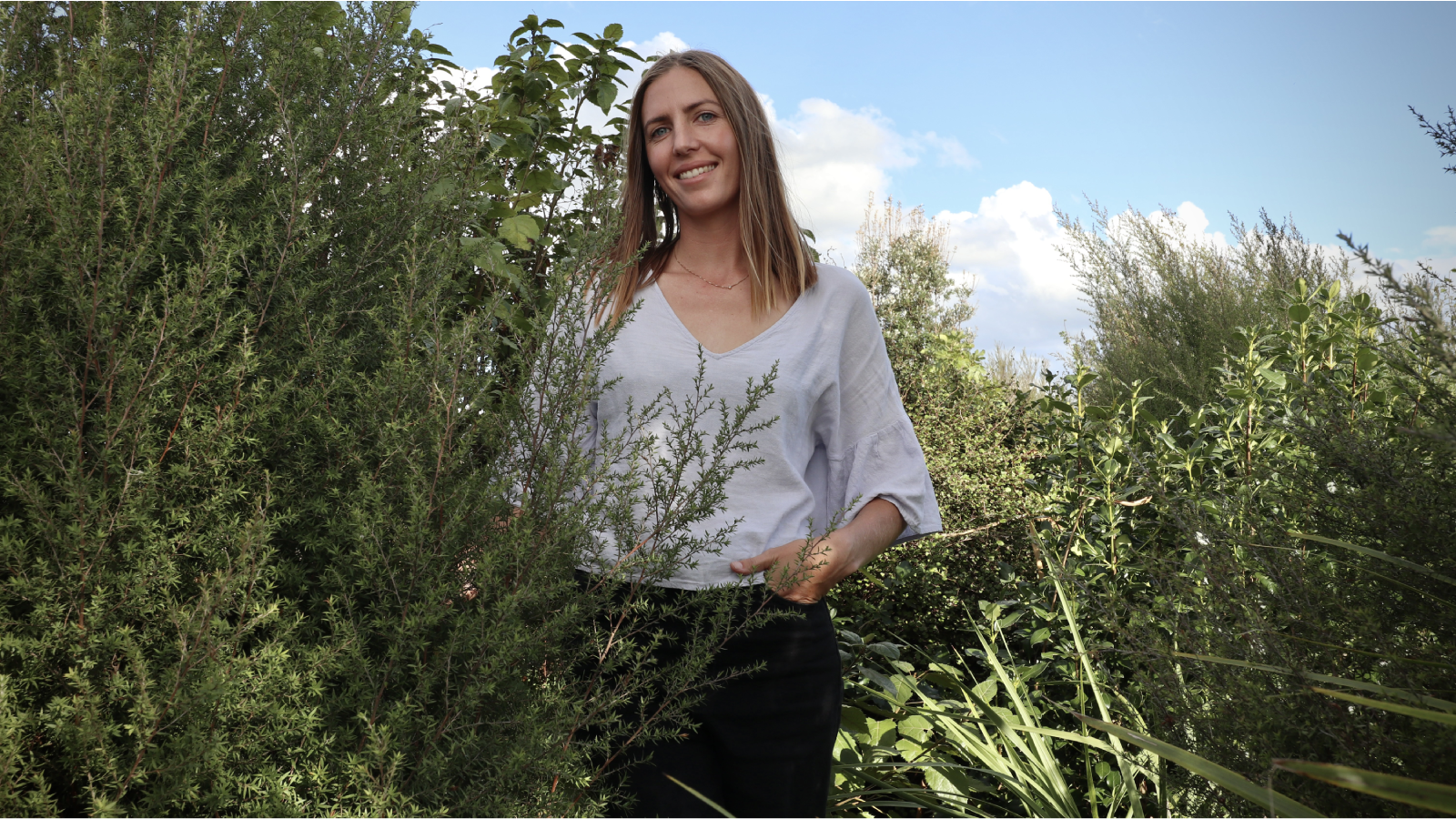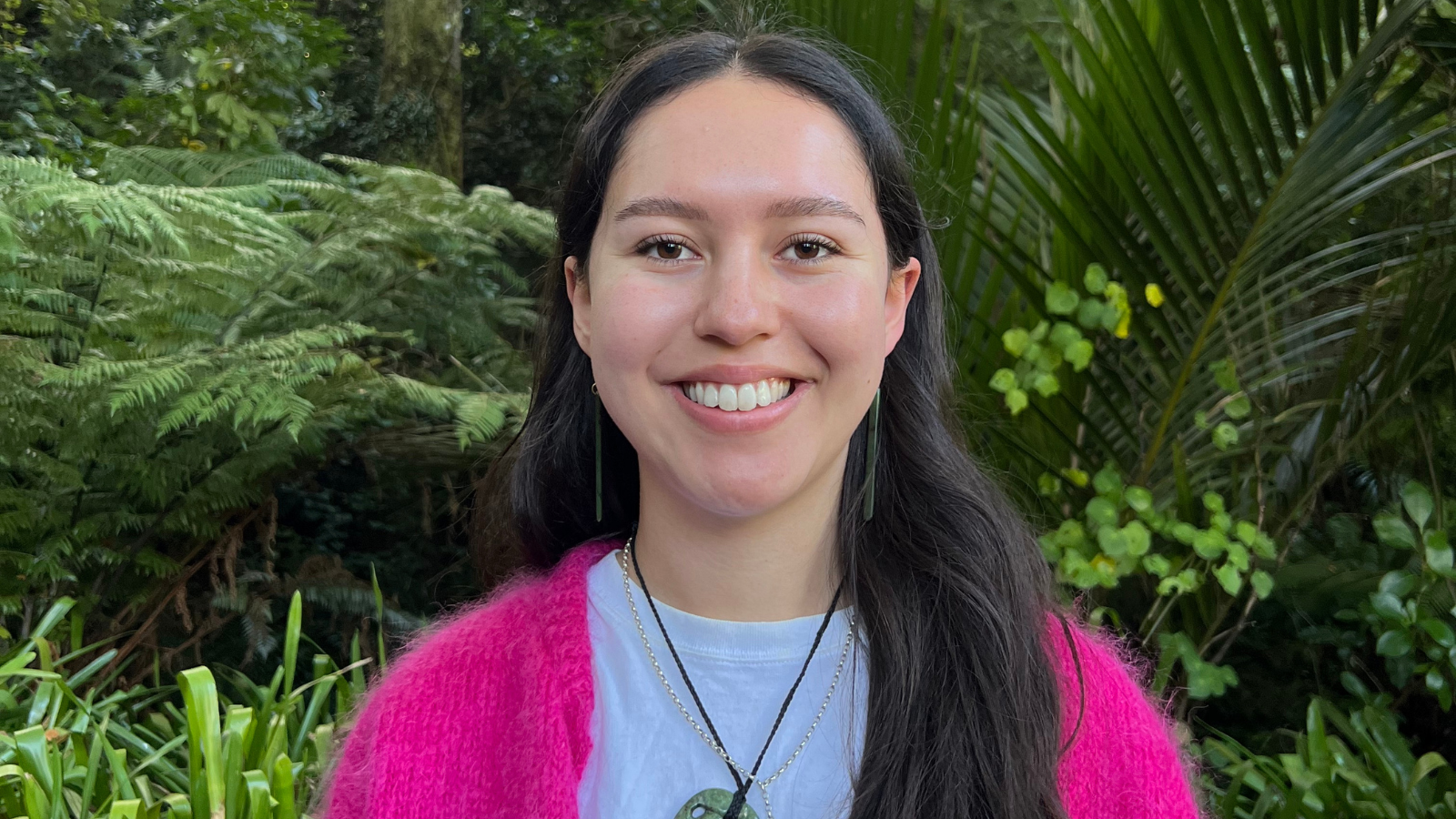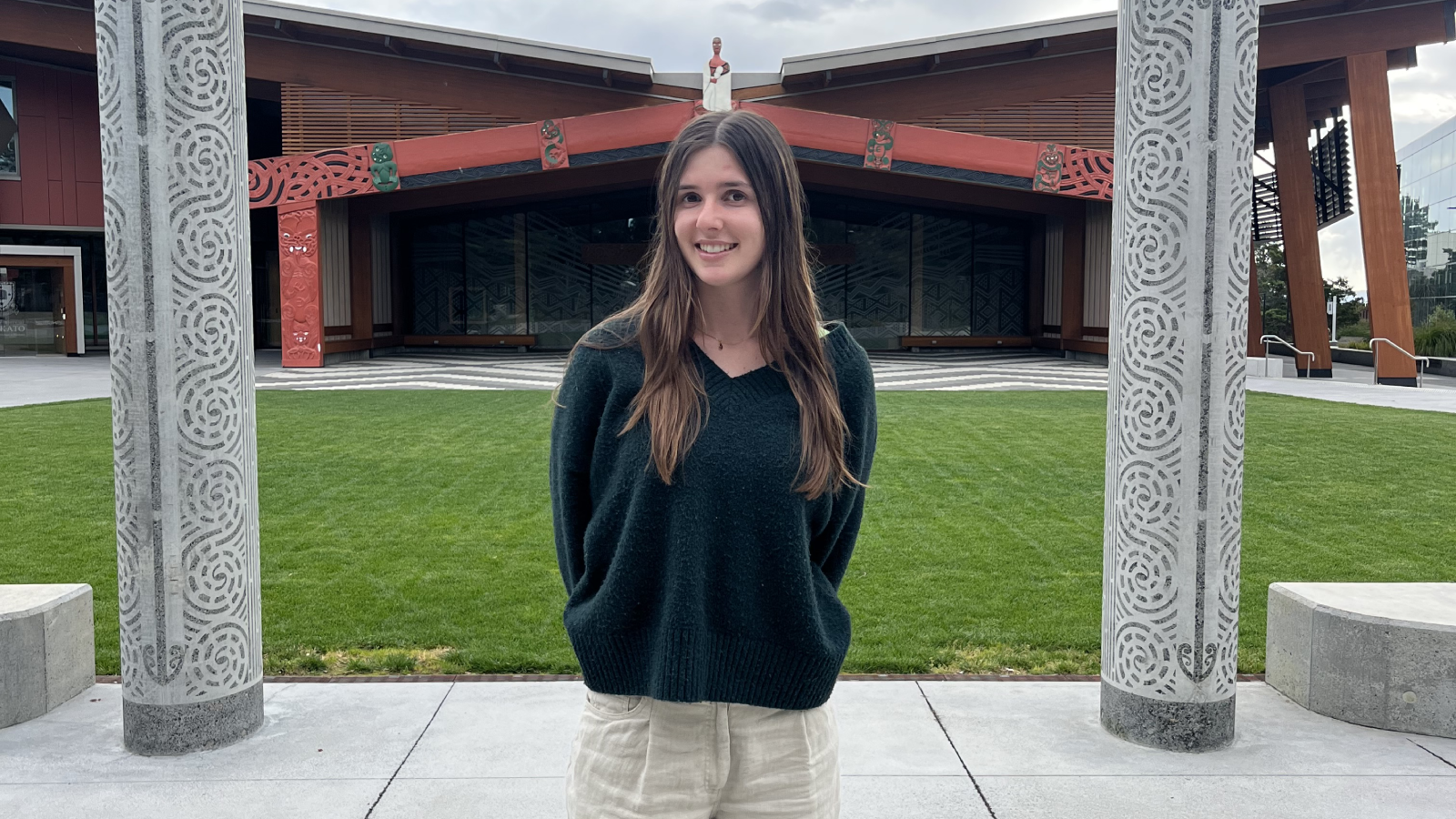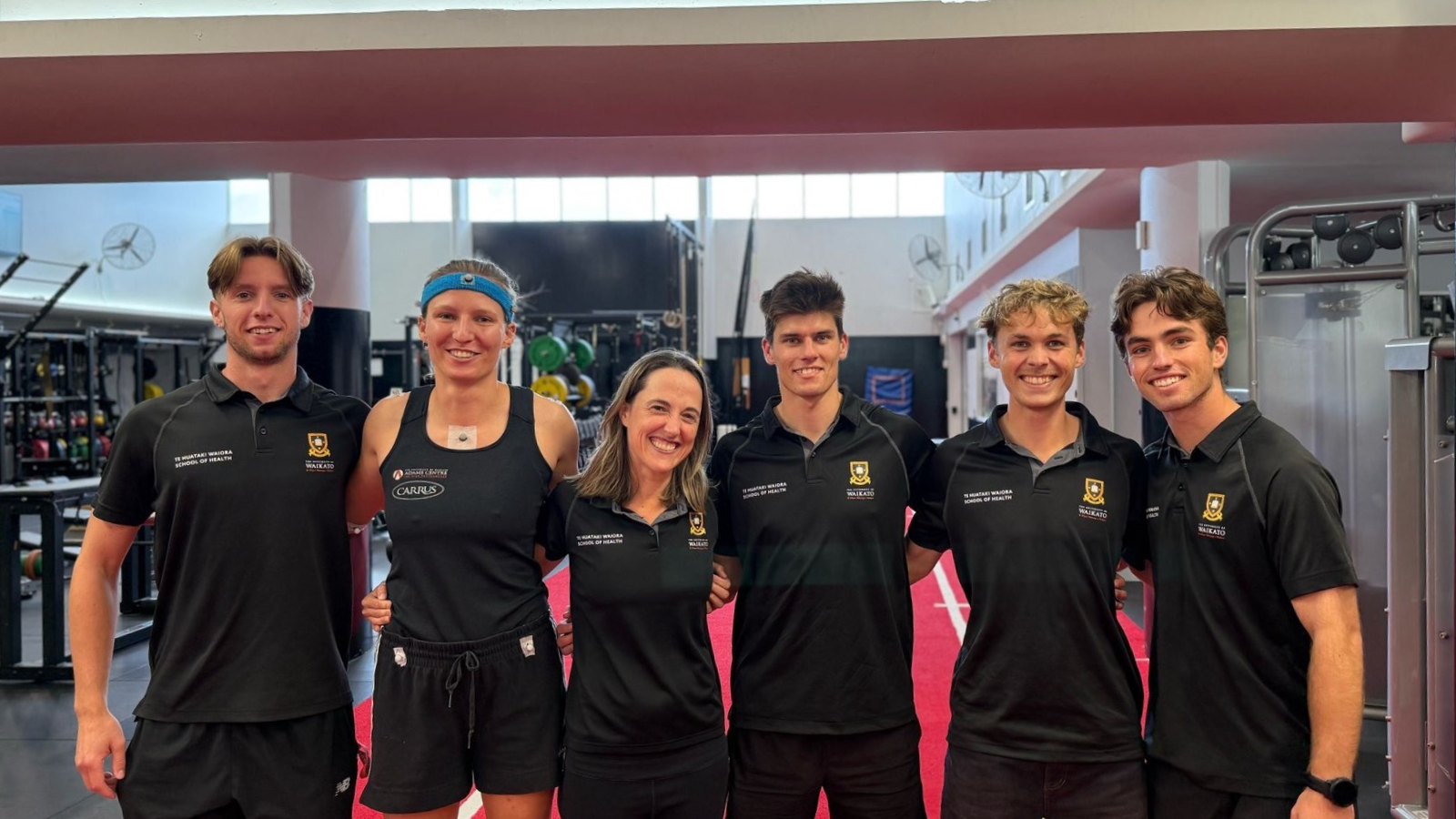A University of Waikato PhD student has won a L’Oréal-UNESCO for Women in Science mentoring fellowship. Only one is granted in New Zealand each year and ocean scientist Kiri Reihana (Ngāpuhi, Te Rarawa, Ngāi Tūhoe, Whakatōhea) is the first Māori PhD student to receive the award.

Waikato University Environmental Sciences PhD student Kiri Reihana has been awarded a L’Oréal-UNESCO for Women in Science mentoring fellowship.
Kiri is a mother of four who lives in Te Puke and says as a student she’s always looking around for funding and other learning opportunities, so when she saw the L’Oréal mentorship she decided to apply.
L’Oréal was founded by a scientist and has been funding women in science since 1998, but the mentoring award for young Australian and New Zealand women scientists was launched in 2017. It links previous L’Oréal fellows from all over the world, with young and ambitious PhD students from Down Under.
“And so each month for six months I link up with a mentor one-on-one and then all mentees have monthly online private workshops. It’s really cool. I’ve got one coming up in the next couple of weeks on science communication.
“The other good thing about the mentoring is that I’m making connections with scientists from around the world.”
Kiri is based at the University’s Tauranga campus. Her Environmental Sciences PhD research feeds into the Sustainable Seas National Science Challenge that’s focusing on Bay of Plenty’s Ōhiwa Harbour. Her research is “just a small part of a massive project” and is focused on tuangi (cockles) – mapping their habitats, their populations, and studying how and why they have changed over time, which in turn will help plan for the continued wellbeing of the harbour.
She comes to her research from both Te Ao Māori and western science perspectives, which has been her practice throughout her career. After completing her Master of Science degree at the University of Waikato, she worked at Manaaki Whenua – Landcare Research for four and a half years as a taiao ora specialist, an environmental health specialist, and part of wider group working on projects that bring mātauranga Māori into their research, sitting equally alongside western science.
 Kiri Reihana's PhD research is focused on tuangi (cockles) at Ōhiwa Harbour in the Bay of Plenty.
Kiri Reihana's PhD research is focused on tuangi (cockles) at Ōhiwa Harbour in the Bay of Plenty.
Kiri was at a conference, still with Manaaki Whenua but feeling like a change, when Associate Professor Kura Paul-Burke from the University of Waikato suggested she study for a PhD. Dr Paul-Burke is now one of Kiri’s supervisors and also part of the Ōhiwa project that includes local councils, DoC, and kaumatua from Whakatōhea, Upokorehe, Ngāti Awa and Tūhoe.
Dr Paul-Burke says Kiri’s study is the first of its kind on the Ōhiwa harbour and her findings will inform part of a Shellfish Management Action Plan and the creation of a technological tool to assist iwi monitoring activities in the harbour for the long term.
“Kiri is a seasoned environmental researcher who has spent many years assisting others with her work. It’s wonderful that she’s been recognised for her immense effort and further mentored to continue her great work in marine science,” Dr Paul-Burke says.
The Ōhiwa project is close to Kiri’s roots as her mother is Whakatōhea and Ngāi Tūhoe from Whakatane, which is close to the harbour. Kiri spent about a month in the summer mapping tuangi populations and identifying the seasonal sample sites to capture the condition of the tuangi over the year, and at the same time she’s been observing the tōrea (oyster catcher bird) which has a synonymous relationship with cockles in Māoridom. Since then it’s been lab analysis where her results will contribute to a habitat suitability index, developed by Richard Bulmer from NIWA and another of Kiri’s supervisors.
“This work will progress the robustness of the software to predict and historically identify where these populations are and were in the past,” Kiri says. She’s halfway through her PhD, which is by publication.
Kiri will travel to Melbourne as a special guest at the L’Oréal-UNESCO women in science conference in November with the other L’Oréal fellows, but before that she’s off to Spain on a Claude McCarthy Fellowship for the ECSA59 (Estuarine, Coastal Shelf Association) conference in Krusaal, San Sebastian, Spain.
- Find out more about studying Environmental Sciences and Aquaculture at the University of Waikato





